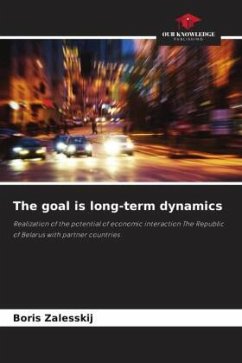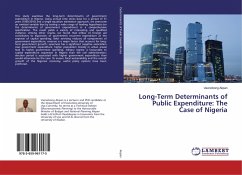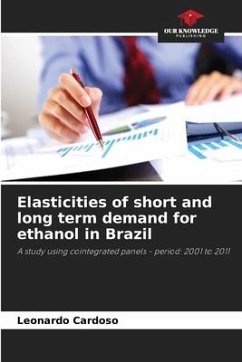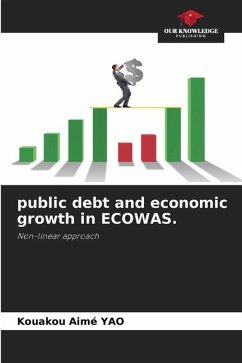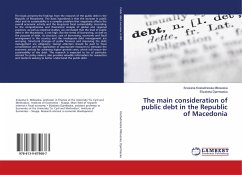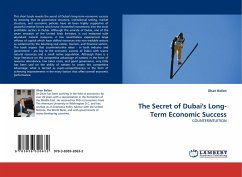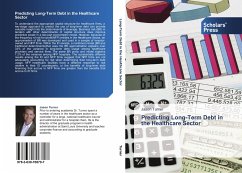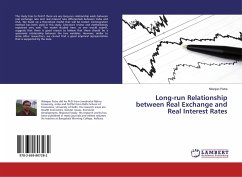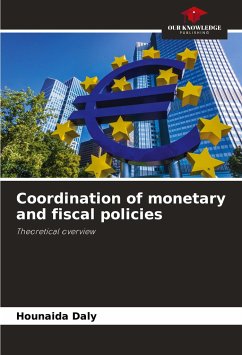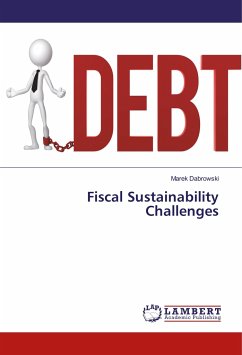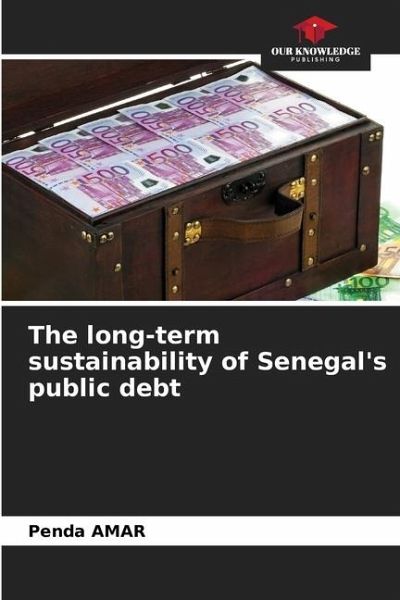
The long-term sustainability of Senegal's public debt
Versandkostenfrei!
Versandfertig in 6-10 Tagen
29,99 €
inkl. MwSt.

PAYBACK Punkte
15 °P sammeln!
The aim of this research is to analyze the long-term sustainability of Senegal's public debt. We used an econometric method based on the study of the stationarity of the variables selected, namely public debt, public deficit, public revenue and public expenditure. The study of stationarity at level showed that none of the selected variables was stationary at level. The public deficit variable is stationary in first difference, while the other variables are non-stationary. Double-difference stationarity showed that the public debt variable was stationary in double difference, but the results fo...
The aim of this research is to analyze the long-term sustainability of Senegal's public debt. We used an econometric method based on the study of the stationarity of the variables selected, namely public debt, public deficit, public revenue and public expenditure. The study of stationarity at level showed that none of the selected variables was stationary at level. The public deficit variable is stationary in first difference, while the other variables are non-stationary. Double-difference stationarity showed that the public debt variable was stationary in double difference, but the results for the public revenue and public expenditure variables were inconclusive.The study of cointegration between the public revenue and public expenditure variables shows an absence of cointegration. This leads us to conclude that Senegalese public debt is not sustainable in the weak sense.





